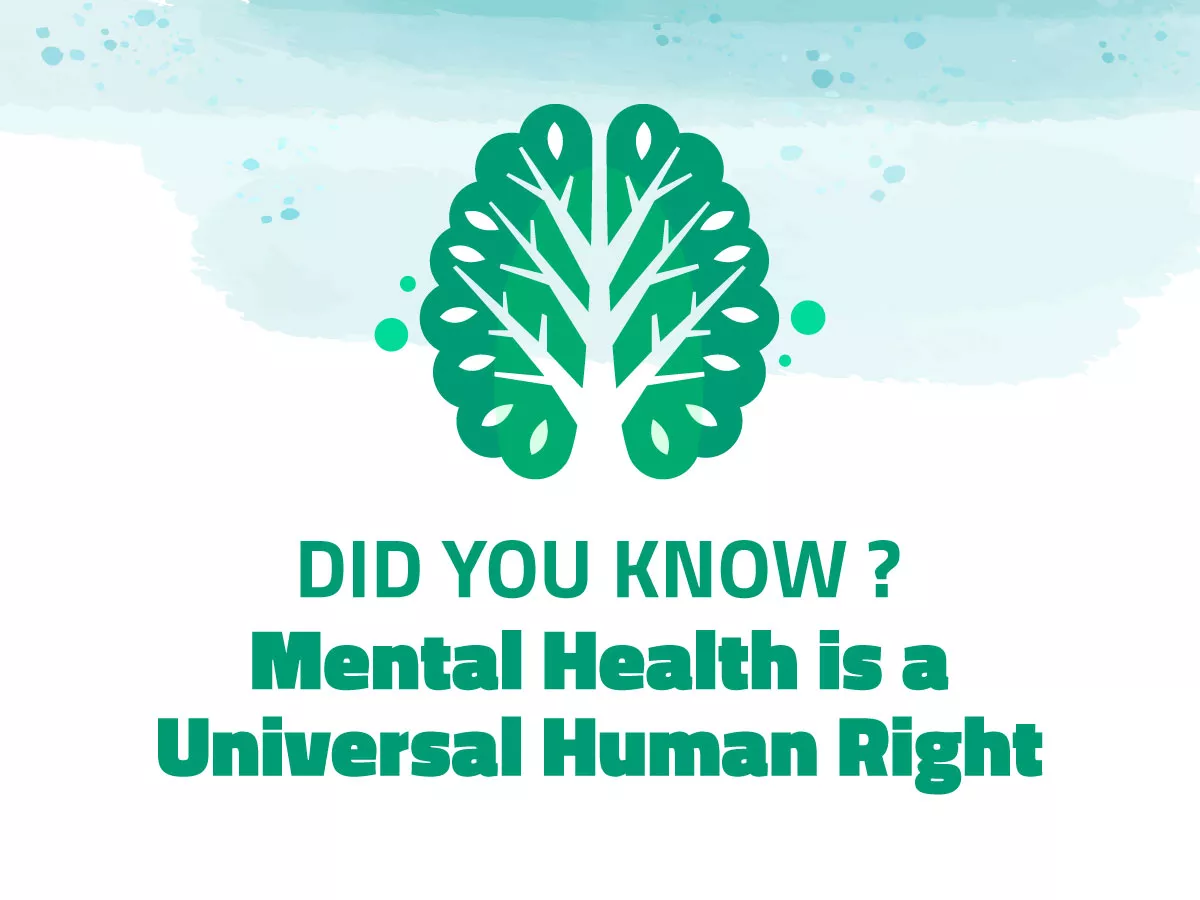Chronic fatigue syndrome (CFS) is a condition that arises due to extreme tiredness or fatigue. This medical condition does not improve with rest and cannot be explained by another medical condition. CFS can affect anyone, including children. It is more common in women and usually appears between the ages of 20 and 40 years. CFS is also known as systemic exertion intolerance disease and myalgic encephalomyelitis (ME). The causes of CFS are not completely evident. Some theories propose that the cause is a viral infection, psychological stress, or a combination of factors.
What causes CFS?
It is still unclear what causes CFS. Some people may be predisposed to the disorder from birth, which is then brought on by several factors. Possible triggers include:
Poor immune system: People with CFS seem to have slightly compromised immune systems, but it is not clear if this is enough to cause the disorder.
Emotional or physical trauma: Some claim that just before the onset of their symptoms, they underwent surgery, sustained an injury, or underwent significant emotional stress.
Hormonal imbalance: An abnormal blood level of hormones produced by the hypothalamus, pituitary glands, or adrenal glands can occasionally be observed in CFS patients. However, it is still unclear what these anomalies mean.
Viral infection: Researchers believe certain viruses could cause CFS because some people experience it after a viral infection. This includes the human herpes virus 6 and the Epstein-Barr virus. However, there is no solid connection discovered yet.
Risk factors for CFS
Most CFS cases occur in people in their 40s and 50s. Sex also plays a significant role in CFS as women are two to four times more likely to receive a diagnosis than men. Additional elements that could raise your risk for CFS include:
- Allergies with a genetic predisposition
- Environmental stressors
- Identifying ME/CFS
Diagnosis
CFS is diagnosed based on your symptoms and by ruling out other conditions that could be the source of your symptoms because there is no specific test for it.
The doctor will inquire about your symptoms and health background. You might also undergo a urine and blood test.
Since many common illnesses share symptoms with ME/CFS, a diagnosis of ME/CFS may be given if you do not recover as quickly as you expected.
How is CFS treated?
Currently, there is no known treatment for CFS. Because each patient’s symptoms are unique, they may need a variety of treatments to manage their disorder and reduce their symptoms.
To develop the best treatment strategy for you, collaborate with our best gynaecologist in Ernakulam. They can discuss the potential advantages and disadvantages of the treatments with you.
1. Addressing post-exertional malaise (PEM) symptoms
PEM occurs when minor physical, mental or emotional exertion worsens CFS symptoms. Worsening symptoms usually appear 12–48 hours after the activity and can last for days or even weeks.
Activity management can help avoid PEM flare-ups. To stay within your boundaries for mental and physical activity, you need to identify them, plan and then take a break.
These boundaries are referred to as the ‘energy envelope’ by medical professionals. You might learn more about your boundaries by keeping a journal of your activities.
While vigorous aerobic exercise is beneficial for the majority of chronic conditions, it should be noted that people with CFS cannot tolerate such exercise regimens.
2. Home remedies and lifestyle changes
Making some changes to your lifestyle can help you feel better. Begin with reducing the consumption of caffeine as it may aid in treating insomnia and promote better sleep. Alcohol and nicotine should also be reduced or avoided.
Avoid taking a nap during the day if it interferes with your sleep at night. Establish a sleep schedule. The intent should be to wake up at roughly the same time each day and to go to bed at the same time each night.
3. Medications
There is no single drug that can address all of the symptoms. Also, the symptoms may evolve, and therefore, the medication may need to be adapted as well.
CFS often contributes to or can be a symptom of depression. If this is the case, you might have to consult with a mental health professional or take low-dose antidepressant therapy.
Your doctor might recommend a sleep aid if lifestyle modifications do not help you get good sleep. You can also manage the aches and pains of CFS with the help of painkillers.
Your doctor might recommend customized medication therapy if required. Work closely with your physician because there is no common treatment that works for all.
4. Alternative medicine
The pain related to CFS may be lessened by acupuncture, tai chi, yoga and massage. Before initiating any alternative or complementary therapy, consult with your doctor at Aster Medcity Hospital, Ernakulam.
FAQs
1. What should you not do with CFS?
It is advisable to avoid chemicals or food that are sensitive. Avoiding refined carbohydrates, saturated fats, and monounsaturated and polyunsaturated fats may also be helpful.
2. Does CFS show up in blood tests?
It is not possible to identify CFS with a blood test or scans; tests may be done to rule out other illnesses with comparable symptoms must be ruled out.
3. What makes chronic fatigue worse?
Symptoms of CFS can worsen with mental or physical stress.
4. What mimics CFS?
Several diseases share the same range of symptoms as CFS. These include chronic ononucleosis, fibromyalgia syndrome, myalgic encephalomyelitis (ME), neurasthenia, and various chemical sensitivities
5. How long does CFS usually last?
Patients normally recover within 2 years, whereas in severe conditions, it may prolong for years.









